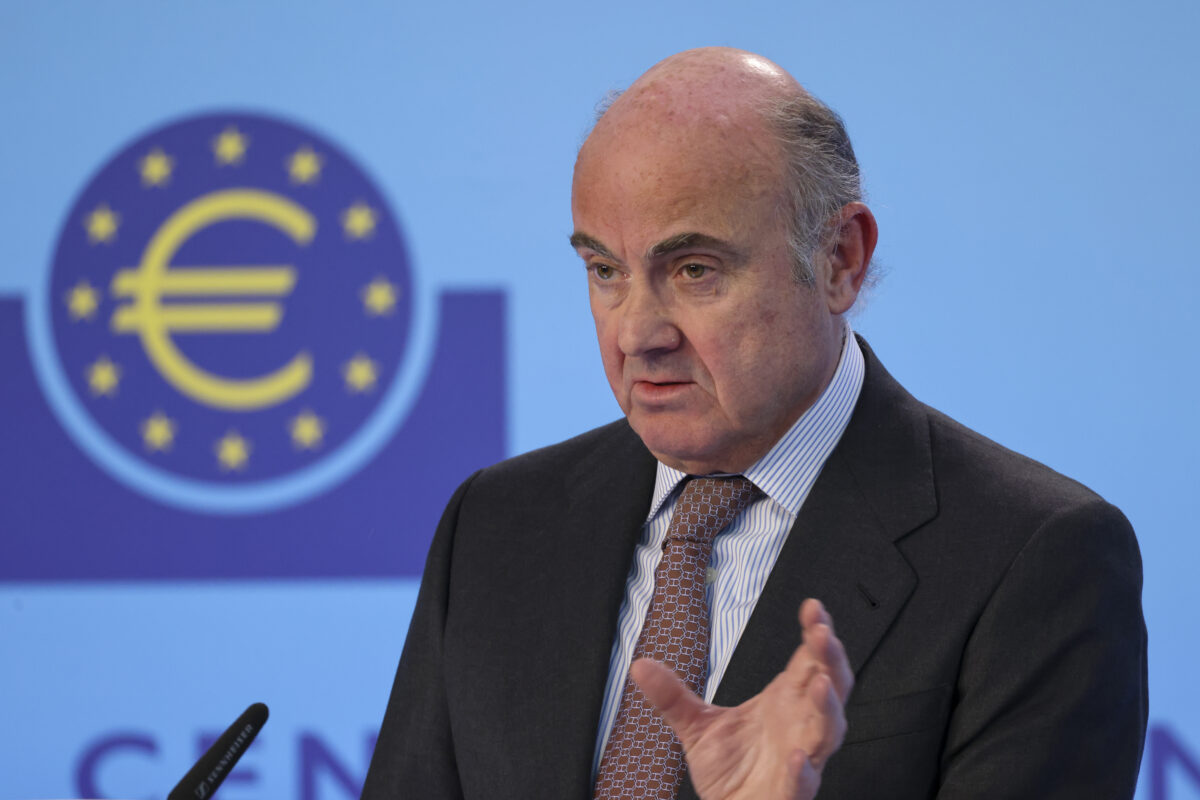Von Claudio Kummerfeld
Die schwedische Notenbank „Riksbank“ (Schweden ist nicht im Euro) senkt ihren Leitzins von bisher -0,25% auf jetzt -0,35%. Außerdem weitet sie ihr eigenes „kleines“ Anleihekaufprogramm aus mit weiteren 45 Milliarden Kronen. Sie betonte sie sei auch bereit das Volumen wenn nötig noch weiter auszuweiten. Auch für einen Eingriff am Devisenmarkt stehe man bereit.
Damit fährt die schwedische Notenbank so ziemlich alle Geschütze auf, die ihr zur Verfügung stehen. Sie möchte nämlich dem weiteren Aufwertungsdruck der Krone etwas entgegensetzen, die Wirtschaft anfeuern und schon mal den indirekten Auswirkungen eines Grexit für die eigene Volkswirtschaft entgegenwirken. Wohin es führen kann, wenn man seinen Kurs einfriert, hat man ja erschreckenderweise am 15.01.2015 beim Schweizer Franken besichtigen können. Da rufen die Schweden lieber alles an Maßnahmen auf, die man ansonsten in Reserve hat.
Hier der Originaltext der Riksbank:
Monetary policy is having an effect – inflation is rising
The Riksbank’s expansionary monetary policy is having an effect and inflation is rising. In May, CPIF inflation was 1.0 per cent. Prices of goods and food are increasing in line with historical averages, while the rate of price increase on services is rising from a low level. At the same time as inflation is rising, economic activity is continuing to strengthen and the situation on the labour market is gradually improving. CPIF inflation is expected to be close to 2 per cent from the end of 2015.
An uncertain world
International growth is also rising. In the euro area, economic activity is strengthening, but the events in Greece over the past few days have substantially increased the uncertainty. The consequences of the situation in Greece for the euro area as a whole and for Sweden are difficult to judge.
Since the Riksbank’s most recent decision in April, the krona has strengthened more than expected against several currencies. If the exchange rate were to be too strong in relation to the Riksbank’s forecast, prices of imported goods would increase more slowly and demand in the Swedish economy would fall. Such a development would risk breaking the upturn in inflation that has now begun.
Measures to support the upturn in Inflation
In this uncertain environment, monetary policy needs to give more support to ensure that inflation continues to rise towards the target of 2 per cent. The Executive Board of the Riksbank has therefore decided to cut the repo rate by 0.10 percentage points to 0.35 per cent and to extend the purchases of government bonds by a further SEK 45 billion until the end of the year. The purchases decided upon in April are expected to be concluded in September, at which point the new purchases will be initiated. The repo rate is expected to be around -0.35 per cent for just over a year. The repo-rate path reflects the fact that it is possible to cut the repo rate further. The expansionary monetary policy underlines the Riksbank’s aim to safeguard the role of the inflation target as nominal anchor for price-setting and wage-formation.
Readiness to do more
The Riksbank still has a high level of preparedness to make monetary policy even more expansionary if necessary, even between the ordinary monetary policy meetings. The repo rate can be cut further and the government bond purchases can be extended. The Riksbank is also prepared to intervene on the foreign exchange market if the upturn in inflation is threatened as the result of, for instance, a very problematic development in the markets. The purchase of other types of securities and the launch of a company lending programme via the banks may also come into question.
Risks associated with household indebtedness must be managed
Monetary policy now needs to be very expansionary so that inflation rises towards the target and to reduce the risks associated with a situation in which inflation is too low. At the same time, however, the low interest rates contribute to the trends of rising house prices and increasing indebtedness in the Swedish household sector continuing. As current debt levels already entail significant risks for the Swedish economy, it is essential that the government and other authorities implement measures that will reduce them. Rapid price increases for high-risk financial assets also require increased vigilance in the period ahead.
Hier der Link zur Originalnachricht der Riksbank.
Kommentare lesen und schreiben, hier klicken












